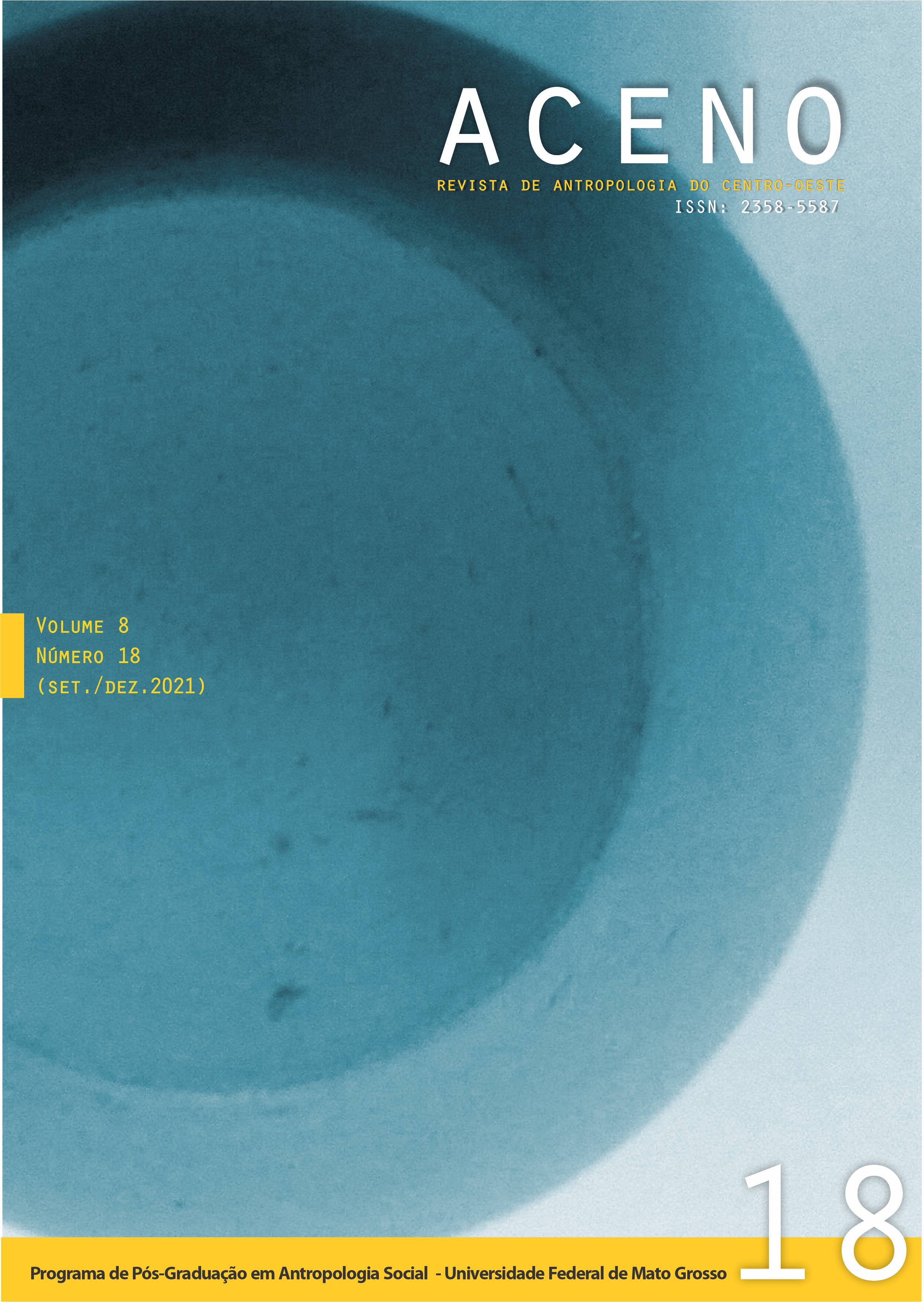Transposition of the São Francisco river: analysis of the effectiveness of the Basic Environmental Program (PBA 17) and the environmental conflicts in the quilombola community of Santana (PE)
DOI:
10.48074/aceno.v8i18.12307Abstract
In the last decades, Brazil has registered several environmental conflicts, due to the implementation of infrastructure projects such as hydroelectric and nuclear power plants, mining sites, roads, railways, and others. In the Brazilian northeast region, the most pronounced project has been the São Francisco. The Federal Government's promise is to benefit millions of people in the states of Ceará, Pernambuco, Paraíba and Rio Grande do Norte with the water intake system. Given this scenario, this study analyzes and seeks to understand the Quilombola Communities Development Program and the environmental conflicts that involve its implementation in the Quilombola Santana Community, located in the municipality of Salgueiro, in the interior of Pernambuco. In summary, the main results suggest that the majority of the propositions listed in the PBA 17 have not been truly implemented in the community. Through this analysis, it has been observed that the main conflicts in the Santana Quilombola Community appear due to the inefficiency of the water distribution collected from the Velho Chico River.
Downloads
Published
Issue
Section
License
As autoras ou autores cedem gratuita e automaticamente à Revista ACENO os direitos de reprodução e divulgação dos trabalhos publicados.














